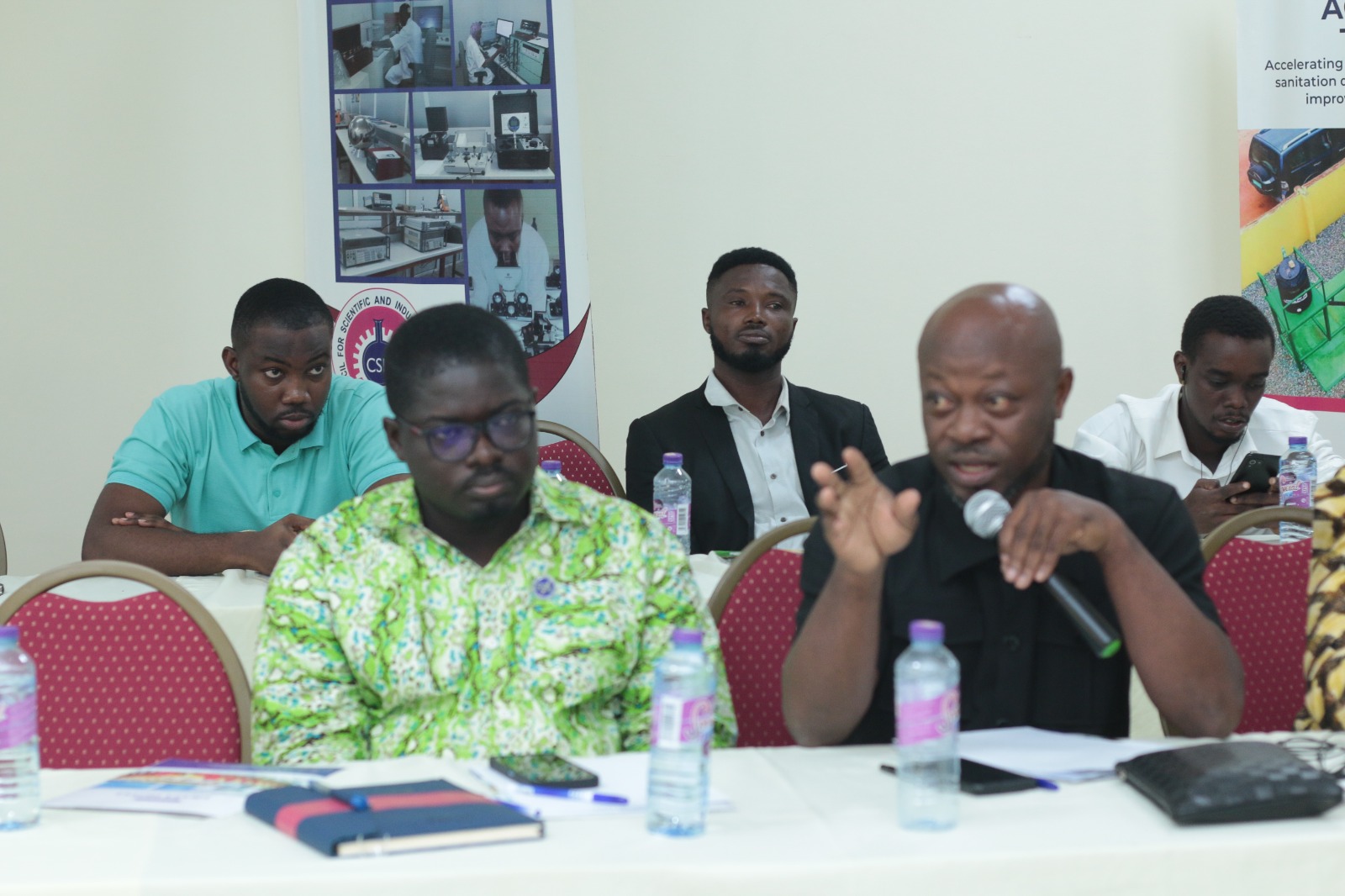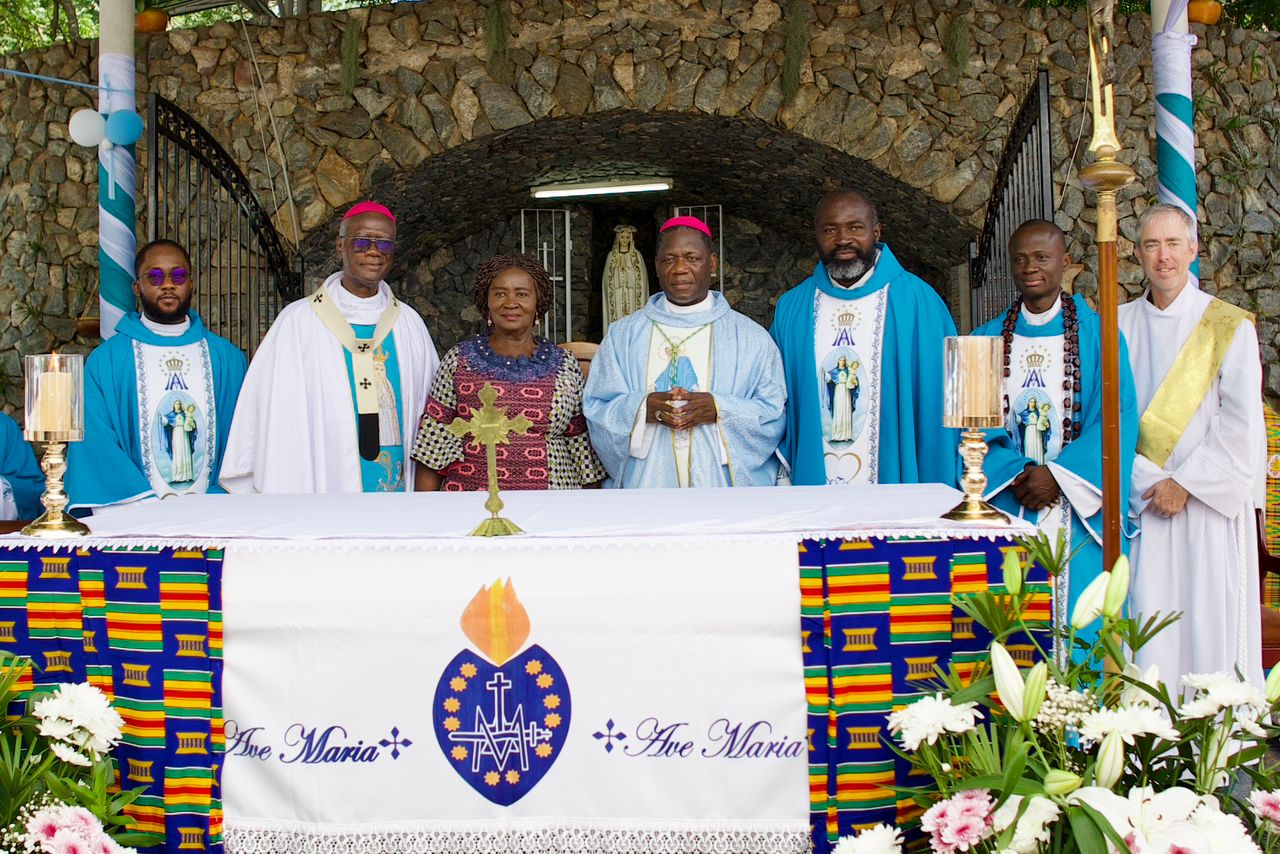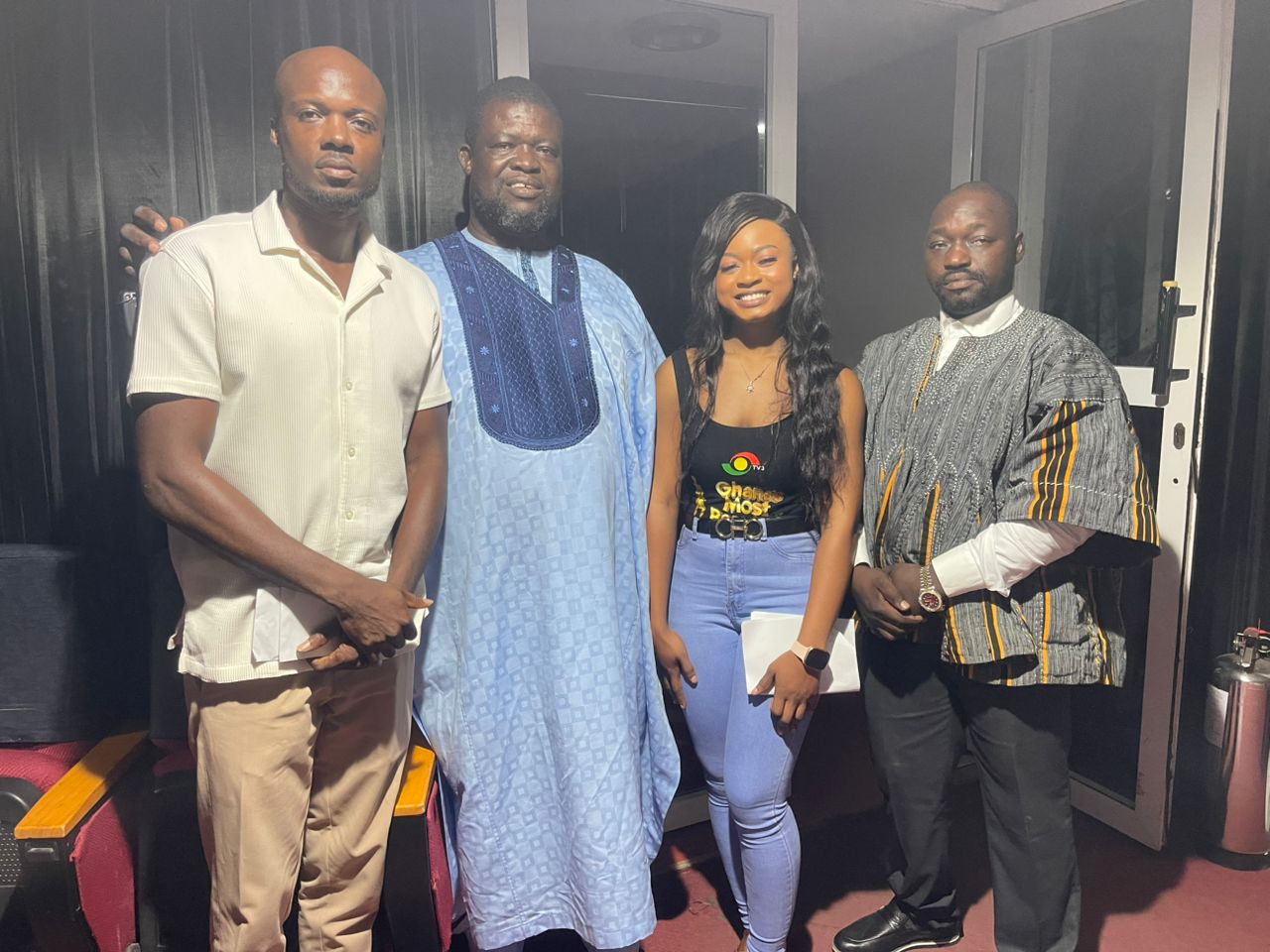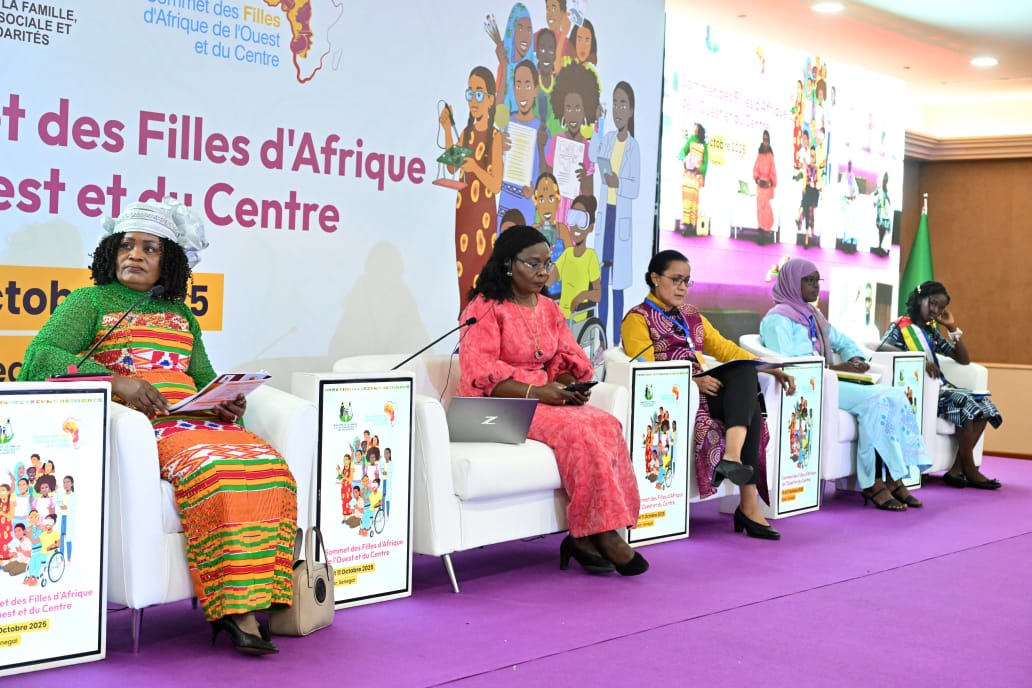
By Desmond MASOPEH
When Ivy Wereh discovered coffee in 2015, it was more than a beverage — it became the seed of a new purpose.
A graduate of Central University with a degree in Business Administration (Banking & Finance), Ivy’s path to coffee was far from direct. Before venturing into agriculture, she ran a clothing business, travelling between China, Nigeria and Turkey to import fabrics and apparel. But when that business declined, she sought a new direction — one that would blend her entrepreneurial drive with a deeper cause.

That turning point came when she met Francis Doe, who introduced her to coffee farming in Ghana’s Volta Region. “That was my turning point,” she recalls. “I realized coffee could be as important to Ghana as cocoa, if given the right attention.”
From fashion to farming
In 2017, Ivy established Cafmag Enterprise, a company dedicated to reviving coffee cultivation and creating sustainable livelihoods for farmers in the Oti Region. The company began by processing coffee purchased from local farmers into consumable products.
After successfully sustaining the market, Ivy decided in 2024 to backward integrate — supporting farmers to grow more coffee through financial assistance, technical training, and field support in communities such as Bala, Jasikan and Fidome.
“Our goal was to keep farmers active and confident that coffee can be profitable,” she explained. “We wanted to ensure that farming coffee wasn’t just about growing beans but building a sustainable value chain.”
Collaborating for growth
Cafmag Enterprise operates under the ACP Project, a joint collaboration between the International Trade Centre (ITC) and COCOBOD’s Seed Production Department (SPD).
“The ITC, in collaboration with COCOBOD’s SPD, produces the seedlings at “CRIG,” (Cocoa Research Institute of Ghana) Ivy explained. “ITC supports COCOBOD’s SPD to produce the seedlings, which are then distributed to us — the processors and end users — to establish nurseries in our communities. It’s a joint and collaborative effort.”
In 2024, the company distributed 24,000 coffee seedlings to farmers across communities from Tudome to Kyebi, expanding Ghana’s coffee belt.
Hauling coffee and empowering women
The journey has not been easy. Ivy often travelled across border towns to haul beans for processing. “We buy coffee from the Oti Region — places like Djorlu, Likpe Bala and its environs — and travel to the Togo border town, Ipka, to haul it to Ghana’s border town, Wli, where we clean the beans with a group of women,” she said. “That partnership provides sustainability and income for them during the coffee season.”
Because of these challenges, Cafmag Enterprise achieved a major milestone in 2025 with the establishment of a hauling station in Bala, giving farmers better access to logistics and improving the movement of coffee beans. The year also saw the completion of the company’s ultra-modern factory in Amasaman, Accra — a key step toward local coffee processing.
Building a brand
To strengthen her expertise, Ivy attended the Specialty Coffee Association’s Boot Camp in California, where she earned certification as a specialty coffee roaster. “The SCA sets the global standards for the coffee industry,” she said. “I wanted to ensure Ghana’s coffee meets those international benchmarks.”
Through her retail brand, Cofemagnifico, Ivy now produces ground coffee, roasted beans, and cold brew — a ready-to-drink line similar to popular global coffee beverages.
Her collaboration with the Ghana Export Promotion Authority (GEPA) has also been pivotal. “Working with GEPA has been amazing and has given us the mileage we need,” Ivy said.
Looking ahead
During President John Mahama’s recent visit to China, Ivy had the opportunity to highlight Ghana’s coffee industry to the President and international stakeholders. “It was an amazing platform to show that Ghana produces quality coffee that deserves global recognition,” she said.
Despite the progress, Ivy believes the sector still lacks regulation and structured support. “We need policies that protect and empower local producers,” she noted.
For Ivy Wereh, coffee is more than a business — it’s a mission. “If Ghana gives coffee the same attention as cocoa, it could transform rural livelihoods,” she said. “Coffee is not just a product — it’s an opportunity to empower farmers and redefine agriculture.”
The post Ivy Wereh brews hope for coffee industry appeared first on The Business & Financial Times.
Read Full Story

























Facebook
Twitter
Pinterest
Instagram
Google+
YouTube
LinkedIn
RSS